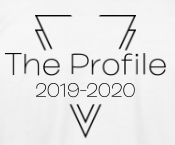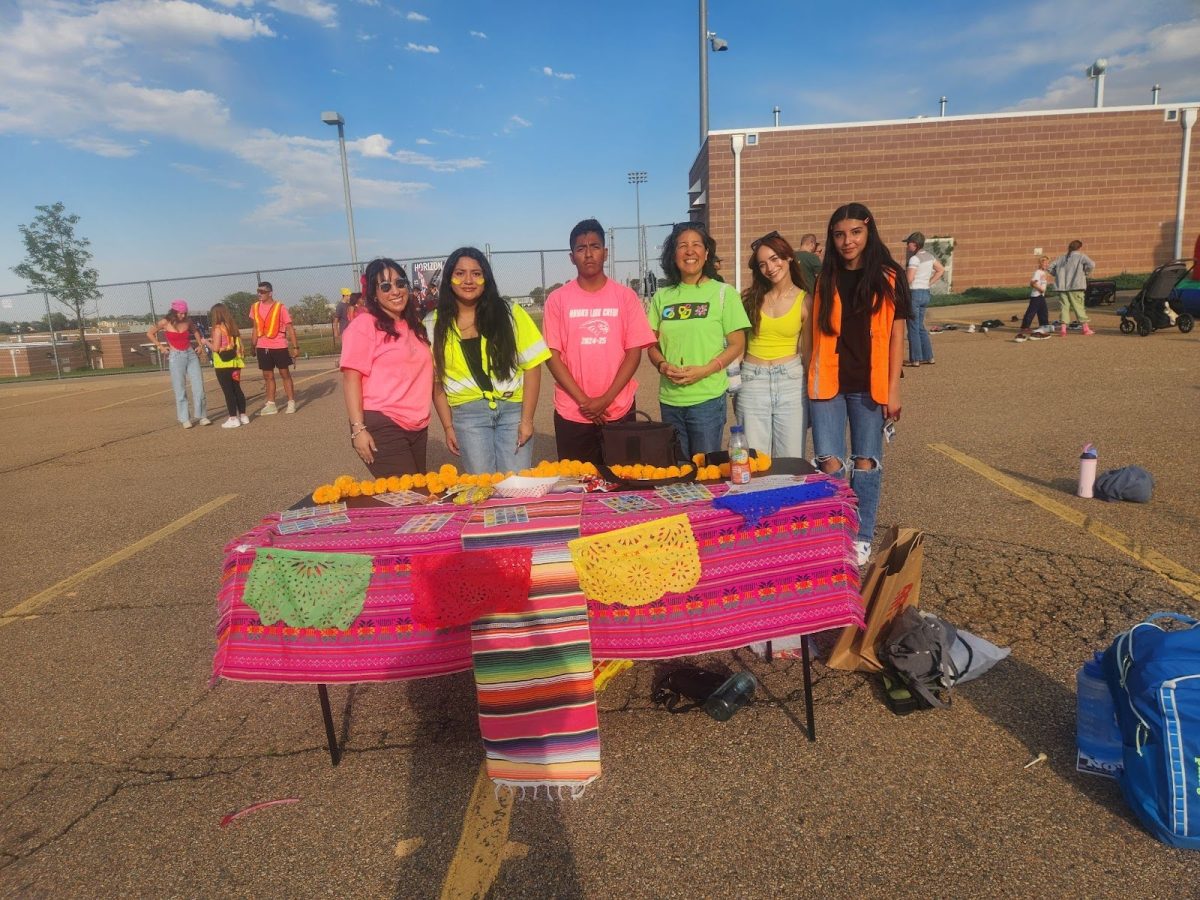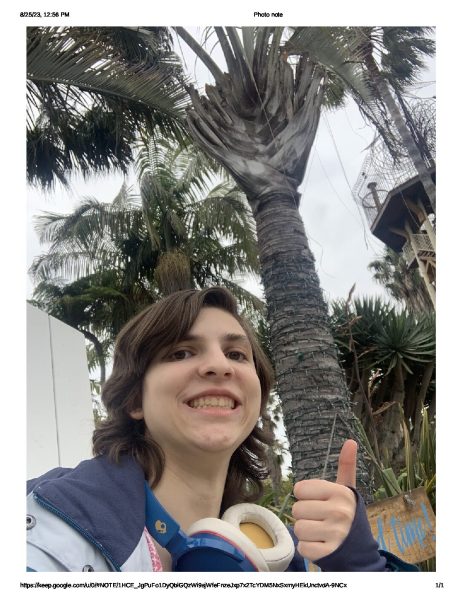
From state animals to flowers, state dances to naval vessels, and state songs to sports- American states define themselves on all kinds of symbols from nature and state history. This action gives each state a sense of identity that connects them with their natural landscape and cultural history. Each state has symbols that define them- and Colorado is no exception, sporting such symbols as the Lark Bunting, Stegosaurus, Square Dance, and Rocky Mountain Bighorn Sheep as its state bird, dinosaur, dance, and animal, respectively.
With all our state symbols, however, we lack that of a state mushroom. Mushrooms and fungi play a vital role in the ecosystem as decomposers and exist in hundreds of species, some of which are exclusively native to Colorado. So, why shouldn’t Colorado also bear the symbol of a mushroom to define our Centennial State?
This question was the subject of a meeting this past November with the English National Honors Society and the Green & Clean Club. Attended by Colorado representative and attorney Sāid Sharbini, the meeting centered around a proposal from Horizon’s social studies teacher Mr. Sanchez about why Colorado should have a state mushroom which was followed by Representative Sharbini explaining how students can get involved with the mushroom-selection process.
Sanchez, a self-proclaimed amateur mycologist since 2004, started the effort to establish a Colorado state mushroom in 2021. According to Sanchez, there is much more to fungi than what meets the eye, as most of the decomposition work is done below a vast fungal organism. Scientists are continually discovering new types of mushrooms- many edible, some deadly, but all contributing greatly to the ecosystem. In addition, pop culture is having a “mushroom moment”, with mushroom patterns on clothing, supplements in medicine, and home-grown mushrooms gaining popularity, so establishing a state mushroom would be perfectly relevant.
He hoped to get students involved to demonstrate how teenagers can collaborate with the government. Participation in the establishment of a state mushroom would teach students both about democratic processes of change-making and about how essential fungi are to the ecosystem.
“Ask not what mushrooms can do for you, ask what you can do for mushrooms,” Sanchez proclaims.
Following Sanchez’s proposal, Representative Sharbini took the stage and explained the legislative process when it comes to making state-level changes such as this. When the wording of the bill is completed, it goes to state legislators who, if approved, send it to the rest of the House to approve it before it is signed or vetoed by the governor. The whole process must be done in the timeframe of about 120 days before it is put to rest and the process must be restarted.
Throughout this timeframe, the House will be continually holding hearings from supporters of the bill- which is where Horizon students come in. If enough students voice their support and spread the word, the student body can represent those in favor of the state mushroom and advocate for why they want this.
“It’s about informing people of what the impacts they have are and what they could have,” Sharbini stated in a later interview. He believes student participation is crucial, and that a cornerstone of the project is giving students a voice in their state government. He and Sanchez affirmed that a key part of this project was to make sure that they “give ownership to the students”, and to “let them know that they can be stakeholders in the process”, ultimately teaching them about their role in establishing a statewide change.
For those interested in pursuing and establishing a state mushroom, it is encouraged that you speak to Mr. Sanchez about the possible candidates and use the tag #explorethesporecolorado on social media. We as students have the power to make Colorado a fun-gi!








Greg Sanchez • Jan 12, 2024 at 3:55 pm
Thank you Grace and the HHS Profile for covering this news worthy event. There is so much more to mushrooms than most people understand. Mushrooms are very misunderstood and mysterious. One of the goals with this Colorado State Mushroom effort is to help raise awareness to the importance of mushrooms and the Kingdom of fungi in our state’s ecosystem. When we consider the fact that Colorado already includes symbols representing the other kingdoms of life (plants, animals), as well as non-living items and cultural practices, it is time for fungi in Colorado to be recognized at this level of distinction. My hope to include our students in this Civic Engagement effort was unfortunately not supported or allowed by our school district’s administration. Nonetheless, the effort will continue.